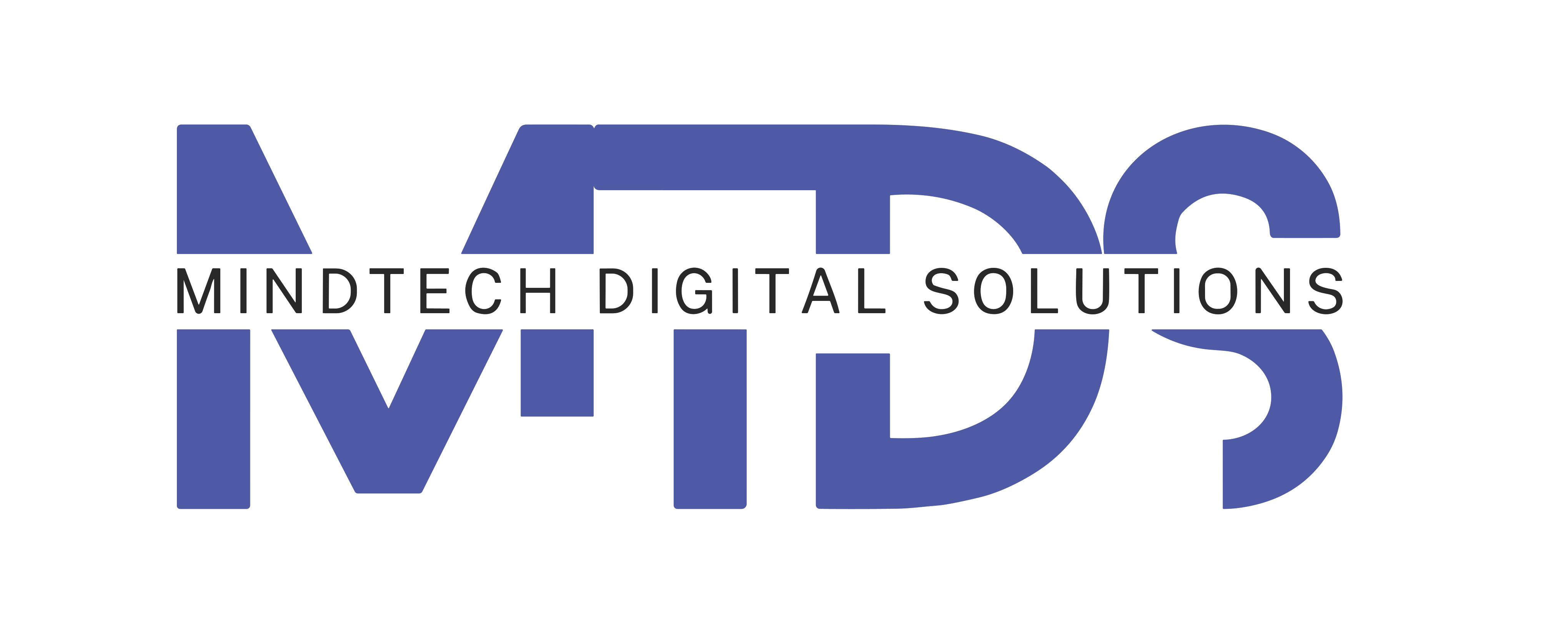Mastering the Art of Search Engine Optimization (SEO) for Digital Marketing
In the fast-paced world of digital marketing, staying ahead of the competition is paramount. One of the most effective ways to ensure your website stands out in the digital landscape is through Search Engine Optimization (SEO). SEO isn’t just a buzzword; it’s a powerful tool that can drive organic traffic to your website, boost your online presence, and ultimately lead to higher conversions. In this blog post, we’ll dive deep into the world of SEO and explore how you can harness its potential to supercharge your digital marketing efforts.
What is SEO?
Search Engine Optimization (SEO) is the practice of optimizing your website to rank higher in search engine results pages (SERPs). When someone enters a query into a search engine like Google, the search engine’s algorithms scan the vast expanse of the internet to provide the most relevant and useful results. SEO involves a range of techniques and strategies to ensure that your website appears at the top of these results, thereby increasing the chances of attracting organic traffic.
Why is SEO Essential for Digital Marketing?
- Increased Visibility: Ranking higher in search results means more people will see your website. Since most users tend to click on the top results, a strong SEO strategy can significantly boost your visibility and brand exposure.
- Targeted Traffic: SEO allows you to target specific keywords and phrases relevant to your business. This means that the traffic you attract is more likely to be interested in your products or services, leading to higher conversion rates.
- Credibility and Trust: Websites that appear at the top of search results are often perceived as more trustworthy and credible by users. SEO helps you build authority and trust within your industry.
- Cost-Effective Marketing: Compared to paid advertising, SEO is a cost-effective way to drive organic traffic to your website over the long term. While it requires an initial investment, the returns can be substantial.
Key SEO Strategies for Digital Marketing Success
- Keyword Research: Begin your SEO journey with thorough keyword research. Identify the keywords and phrases your target audience is likely to use when searching for products or services similar to yours. Tools like Google Keyword Planner and SEMrush can be invaluable for this.
- On-Page Optimization: Ensure that your website’s on-page elements are optimized for SEO. This includes optimizing meta titles and descriptions, using header tags, creating high-quality and relevant content, and incorporating keywords naturally.
- Mobile Optimization: With the increasing use of mobile devices, it’s crucial to have a mobile-friendly website. Google’s algorithms prioritize mobile-friendly websites, so ensure your site is responsive and loads quickly on mobile devices.
- Quality Content: High-quality, informative, and engaging content is the cornerstone of successful SEO. Regularly update your blog with fresh, relevant content that addresses your audience’s pain points and interests.
- Link Building: Build a strong backlink profile by acquiring high-quality inbound links from reputable websites in your niche. Guest posting, content partnerships, and outreach campaigns are effective strategies for link building.
- Technical SEO: Don’t overlook technical aspects like site speed, XML sitemaps, and schema markup. These factors can significantly impact your website’s SEO performance.
- Local SEO: If you have a physical location, optimize your website for local search by claiming your Google My Business listing, encouraging customer reviews, and ensuring consistent NAP (Name, Address, Phone Number) information.
- Analytics and Monitoring: Use tools like Google Analytics and Google Search Console to track your website’s performance. Regularly monitor your rankings, traffic, and user behavior to make data-driven improvements.
- Social Media Integration: Integrate your social media channels into your digital marketing strategy. Social signals can indirectly influence your SEO rankings, and social platforms are excellent for promoting your content.
- Stay Updated: SEO is a dynamic field that evolves constantly. Stay updated with industry trends, algorithm changes, and best practices to maintain your website’s SEO health.
In conclusion, SEO is an indispensable component of any successful digital marketing strategy. By implementing these key strategies and staying committed to continuous improvement, you can harness the power of SEO to drive organic traffic, increase brand visibility, and achieve your digital marketing goals. Remember that SEO is a long-term investment, and the results may not be immediate, but the rewards are well worth the effort. Start optimizing your website today, and watch your digital marketing efforts soar to new heights.


